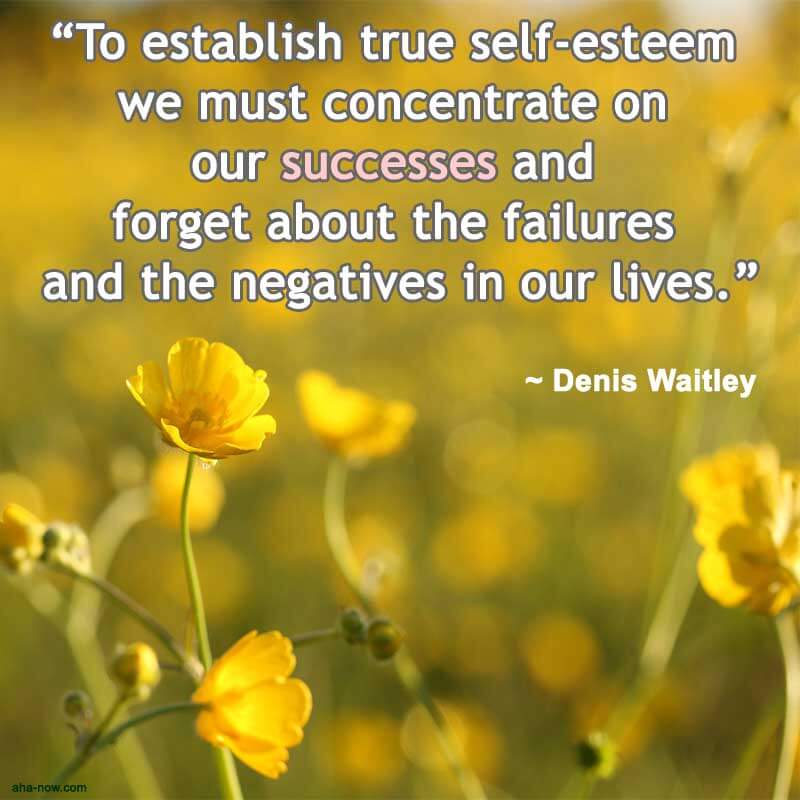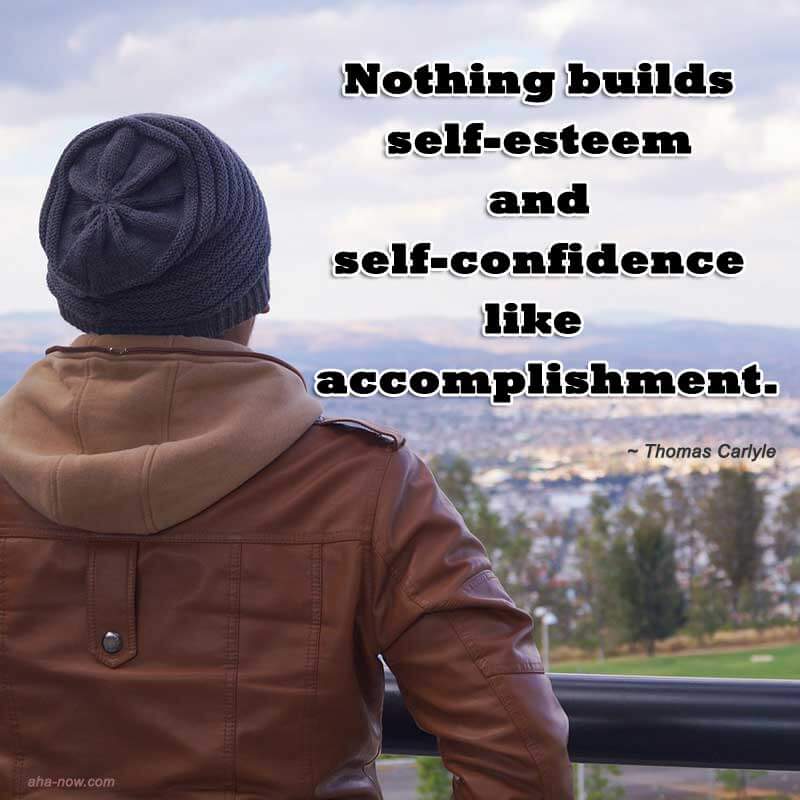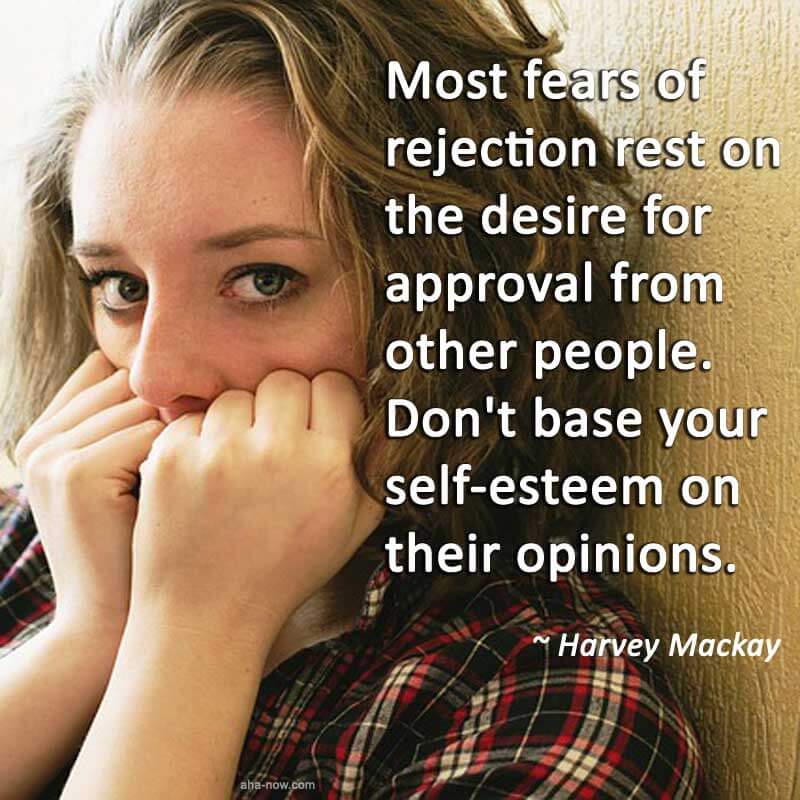By Bob Proctor
Basketball fans and in fact most people know the story, that Michael Jordan, considered by many to be the greatest basketball player who ever lived, was cut from the squad when he was a sophomore in high school. Fortunately, he didn't quit playing and the results speak for themselves.
Football fans who have followed the NFL for many years consider Joe Namath to be one of the finest athletes, and certainly one of the smartest, most confident quarterbacks with a great arm, who ever played the game. As a sophomore in high school he weighed 135 pounds and was five feet seven. He came from an athletic family, had athletic abilities and his older brothers were helpful, but he was the fourth-string quarterback on the JV squad. After the second game he approached Bill Ross, the athletic director and head coach at Beaver Falls High School, saying he was thinking about quitting the game "because I'm too small to ever be a quarterback."
Bill Ross smiled and agreed that Joe was too small then and that he wouldn't play much as a sophomore, but "I knew he was a good athlete and that he would grow. I told Joe that it was the wrong time to quit, that he hadn't proved himself one way or the other so I said 'Go home and think about it overnight before you make your final decision.' The next afternoon he was back at practice. Before the end of the season the JV squad played Elwood City in an away game, Namath was phenomenal and the football legand was on his way." Message: Don't quit. Stay with it and I'll SEE YOU AT THE TOP!
SOURCE
SOURCE

























